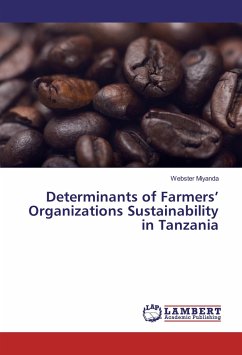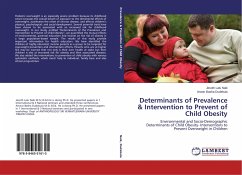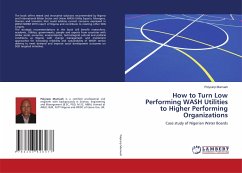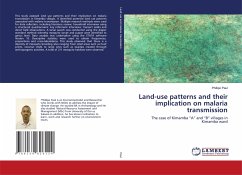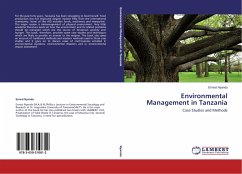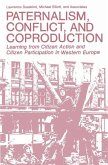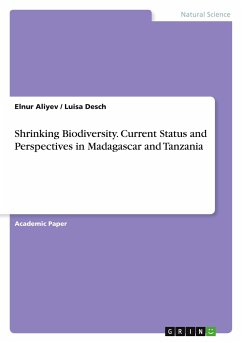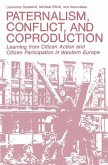This book gives a cross examination of the determinants of Farmer Organizations sustainability in Mbeya and Kilimanjaro regions and suggests propositions to be used in sustaining FOs. It gives insights on two FOs and outlines the importance of formation methodology on sustaining FOs. The book argues that formation methodology is vital in determining the success of FOs. It also gives an account of how members associate sustainability with transparency, marketing, financial and input linkages, formation procedures, leadership and governance. It points out the importance of Group membership in comparison to individual membership in group cohesion improvements. Member education levels and age limits the adoption of new technologies in FOs and farming in general. The book poses as an eye opener for FOs facilitators to remodel their formation process. Finally this is a good reflection tool for private organizations as it highlights critical relations of their interventions on sustaining FOs.
Bitte wählen Sie Ihr Anliegen aus.
Rechnungen
Retourenschein anfordern
Bestellstatus
Storno

